The Latest: Asia, European shares sink as US tariffs take effect
Asian and European markets plunge after the US imposes record tariffs on China, prompting global economic tension and urgent government responses
PTI
-
President Donald Trump addresses a joint session
Washington, 9 April
Asian and European shares slid on Wednesday, with Japan's Nikkei 225 dipping more than five per cent, as the latest set of US tariffs, including a massive 104 per cent levy on Chinese imports, took effect.
The Nikkei 225 lost 3.9 per cent to 31,714.03. In Hong Kong, the Hang Seng lost 0.4 per cent to 20,041.03, while the Shanghai Composite index reversed early losses, gaining 0.9 per cent to 3,173.56.
Taiwan led losses in Asia, as its Taiex plunged 5.8 per cent.
China said it will take 'resolute measures' to defend its trading rights, but gave no details on how it will respond to US moves.
Germany's DAX lost 2.1 per cent to 19,857.36. In Paris, the CAC 40 declined 2.1 per cent to 6,949.92. Britain's FTSE 100 gave up two per cent to 7,753.42.
The future for the S and P 500 lost 0.7 per cent while that for the Dow Jones Industrial Average was down 0.5 per cent.
On Tuesday, the S and P 500 dropped 1.6 per cent after wiping out an early gain of 4.1 per cent. That took it nearly 19 per cent below its record set in February.
The Dow Jones Industrial Average dropped 0.8 per cent, while the Nasdaq composite lost 2.1 per cent. Uncertainty is still high about what President Donald Trump will do with his trade war. The sharply higher tariffs kicked in as of midnight Eastern time in the US.
More swings up and down for financial markets are expected given the uncertainty over how long Trump will keep the stiff tariffs on imports, which will raise prices for US shoppers and slow the economy.
If they last a long time, economists and investors expect them to cause a recession. If Trump lowers them through negotiations relatively quickly, the worst-case scenario might be avoided.
Here's the latest:
European shares slide
Germany's DAX lost 2.1 per cent to 19,857.36. In Paris, the CAC 40 declined 2.1 per cent to 6,949.92. Britain's FTSE 100 gave up 2 per cent to 7,753.42.
The future for the S and P 500 lost 0.7 per cent while that for the Dow Jones Industrial Average was down 0.5 per cent.
China says it will take “resolute measures” to defend its trading rights
China said it will take “resolute measures” to defend its trading rights, but gave no details on how it will respond to US moves that have pushed tariffs on Chinese goods to an unprecedented 104 per cent.
Foreign Ministry spokesperson Lin Jiang said at a daily briefing Wednesday that China would “by no means” accept the US tariff hikes and extreme pressure exerted on China.
Lin repeated China's assertion that it would 'fight to the end' against what it has described as trade bullying by the US, but did not say whether it would add to the 34 per cent tariffs earlier announced on US imports or apply other means. And Lin repeated Beijing's belief that the US must first “demonstrate sincerity for talks”.
Bank of Japan calls meeting on global economy and markets
Top officials from the Bank of Japan, the Finance Ministry, and the Financial Services Agency met Wednesday to discuss the nation's response to what they said were the recent shifts in the global economy and markets.
The unexpectedly called meeting was believed to be over Trump's recent tariffs, which have set off gyrations in global financial markets, including the Tokyo Stock Exchange. Trump was not mentioned in the announcement about the meeting.
Attending the meeting were Koji Nakamura and Seiichi Shimizu, directors at the Bank of Japan, and two officials each from the ministry and the agency.
Asia markets close down
Japan's Nikkei 225 lost 3.9 per cent to 31,714.03. In Hong Kong, the Hang Seng lost 0.4 per cent to 20,041.03, while the Shanghai Composite index reversed early losses, gaining 0.9 per cent to 3,173.56.
Taiwan led losses in Asia, as its Taiex plunged 5.8 per cent. Big tech manufacturers were among the biggest decliners. Computer chip giant TSMC Corp. dropped 3.8 per cent while iPhone maker Hon Hai Precision Industry plunged 10 per cent.
South Korea's Kospi lost 1.7 per cent to 2,293.70, and the government said it would provide help for its beleaguered automakers.
The S and P/ASX 200 in Australia declined 1.8 per cent to 7,375.00. Shares in New Zealand also fell.
In India, the Sensex declined 0.5 per cent as the central bank cut its benchmark interest rate, while Bangkok's SET shed 0.8 per cent.
Asia markets slide after tariffs go into effect
Japan's Nikkei 225 dipped more than five per cent and other Asian shares also sank Wednesday as the latest set of US tariffs, including a massive 104 per cent levy on Chinese imports, took effect.
Markets have been wobbly for days, with investors flummoxed over what to make of President Donald Trump's trade war.
On Tuesday, the S and P 500 dropped 1.6 per cent after wiping out an early gain of 4.1 per cent. That took it nearly 19 per cent below its record set in February.
The Dow Jones Industrial Average dropped 0.8 per cent, while the Nasdaq composite lost 2.1 per cent.
Stocks had rallied globally on Tuesday, with indexes up 6 per cent in Tokyo, 2.5 per cent in Paris and 1.6 per cent in Shanghai. Any optimism or buying enthusiasm appeared to have dissipated by the time the sharply higher tariffs became reality.
The Nikkei 225 was down 4.7 per cent at 32,475.57 as of mid-afternoon Tokyo time.
In Hong Kong, the Hang Seng lost 1.8 per cent to 19,769.24, while the Shanghai Composite index edged just 4 points lower, to 3,141.46.
South Korea's Kospi lost 1.9 per cent to 2,290.87, while the S and P/ASX 200 in Australia declined 1.8 per cent to 7,374.80. Shares in New Zealand also fell.
Bangladesh manufacturers worried about losing market share in US
Garment manufacturers and exporters in Bangladesh, the world's second largest after China, are worried about losing its share in the apparel market of the United States, which is imposing new tariffs of 37 per cent.
The US is Bangladesh's largest market as a single destination where the country's nearly USD 39 billion industry exported apparel goods worth USD 7.34 billion in 2024.
Now, Bangladesh's manufacturers say their US buyers are halting orders, which could help competitors like India and Pakistan overtake Bangladesh in the US market.
Bangladesh has already sought postponement of the application of the new tariff for three months to help the country assess the situation and smoothly implement its initiatives.
Asif Ashraf, managing director of Urmi Group, says they are worried about the US market 'because it will change the global equilibrium.'
The sector employed about 4 million workers, mostly women from rural areas, and the industry accounts for about 80 per cent of the country's total annual exports.
South Korea launches emergency funding program for automobile industry
South Korea has launched an emergency funding program worth 3 trillion won (USD 2 billion) to help its automobile industry cope with the impact of increased tariffs imposed by the Trump administration.
The government package announced on Wednesday includes expanded low-cost financing from state-run lenders, as well as a new financing programme backed by auto giants Hyundai and Kia, along with financial institutions, aimed at supporting struggling carmakers and auto parts manufacturers. The government will also expand subsidies for electric vehicle purchases.
Cars and auto parts stand as South Korea's top export items to the United States, according to the Ministry of Trade, Industry and Energy, which raised concerns that the Trump administration's imposition of a 25 per cent tariff on these products will have a 'significant shock' on the industry.
The ministry says South Korea's exports of automobiles to the United States totalled USD 34.7 billion last year, while exports of auto parts amounted to USD 8.2 billion.
Trump's new tariffs go into effect, including a combined 104 per cent levy on China
President Donald Trump's sweeping new tariffs went into full effect just after midnight Wednesday.
When Trump announced the latest round of tariffs on April 2, he declared that the US would now tax nearly all of America's trading partners at a minimum of 10 per cent — and impose steeper rates for countries that he says run trade surpluses with the US.
The 10 per cent baseline already went into effect Saturday. Trump's higher import tax rates on dozens of countries and territories took hold at midnight.
The steeper levies run as high as 50 per cent — with that biggest rate landing on small economies that trade little with the US, including the African kingdom of Lesotho.
Some other rates include a tax of 47 per cent on imports from Madagascar, 46 per cent on Vietnam, 32 per cent on Taiwan, 25 per cent on South Korea, 24 per cent on Japan and 20 per cent on the European Union.
Some of these new tariffs build on previous trade measures. Trump last week announced a tariff of 34 per cent on China, for example, which would come on top of 20 per cent levies he imposed on the country earlier this year.
Trump has since threatened to add another 50 per cent levy on Chinese goods in response to Beijing's recently promised retaliation. That would bring the combined total to 104 per cent against China.
Leave a Reply
Your email address will not be published. Required fields are marked *








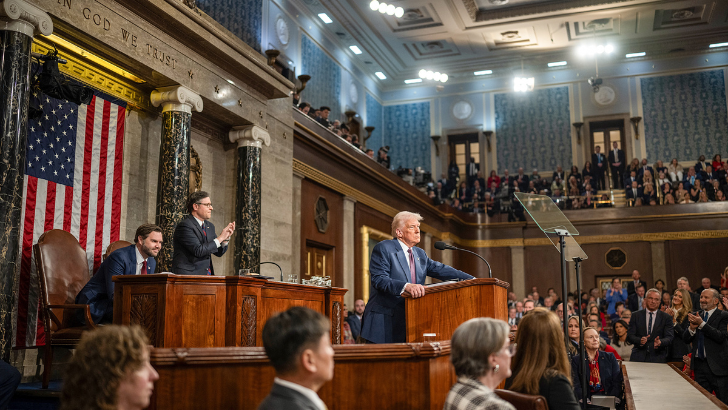


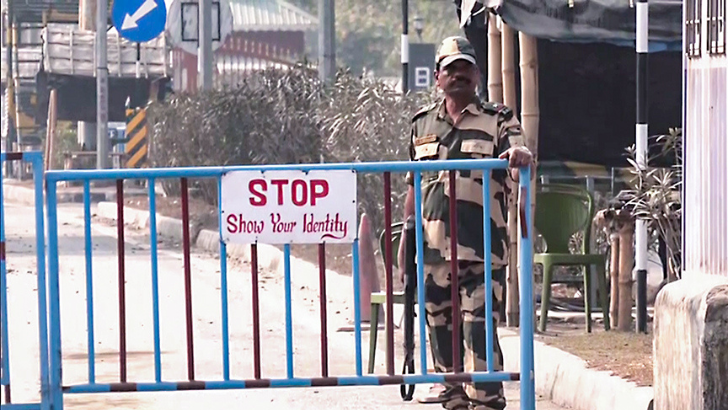
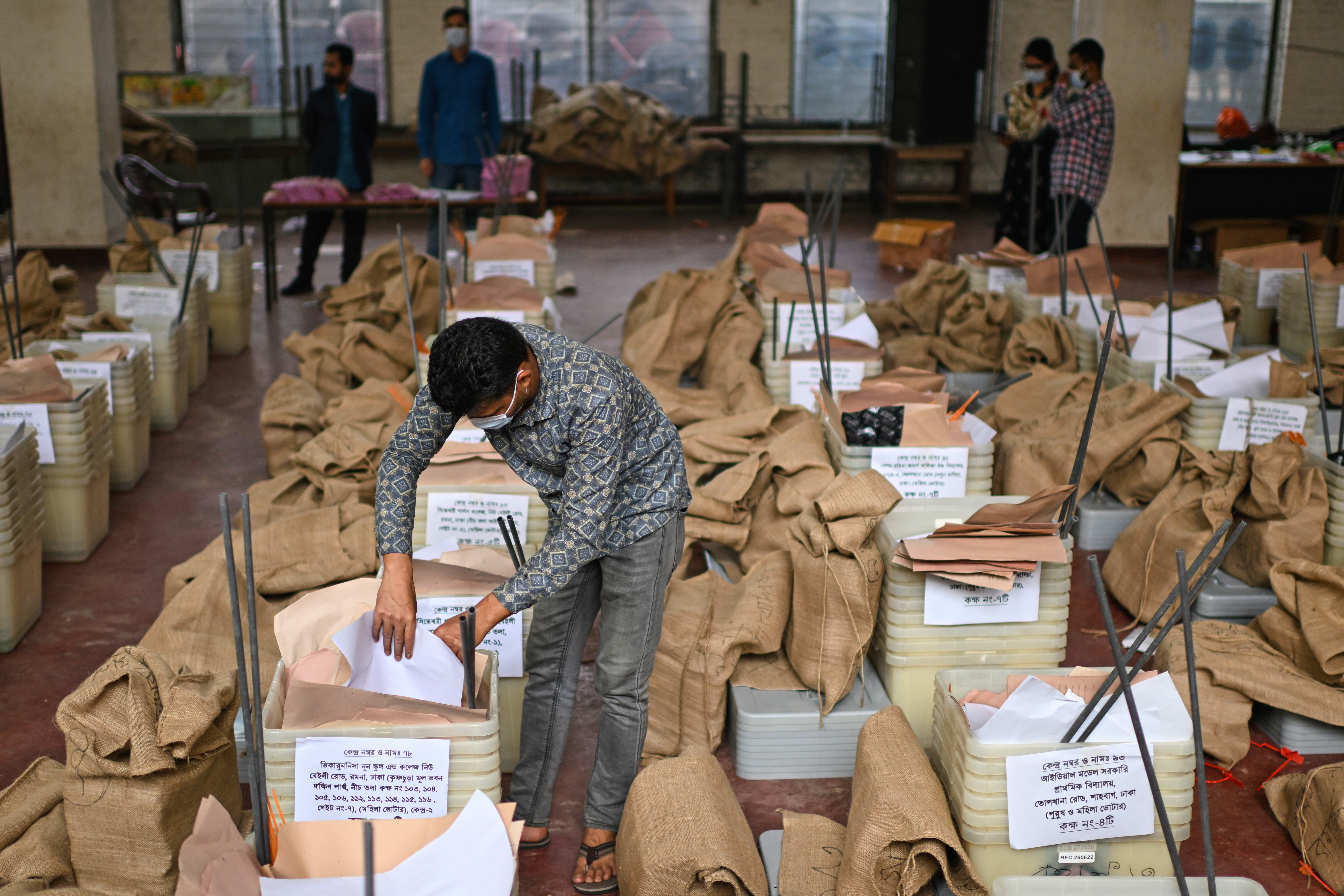

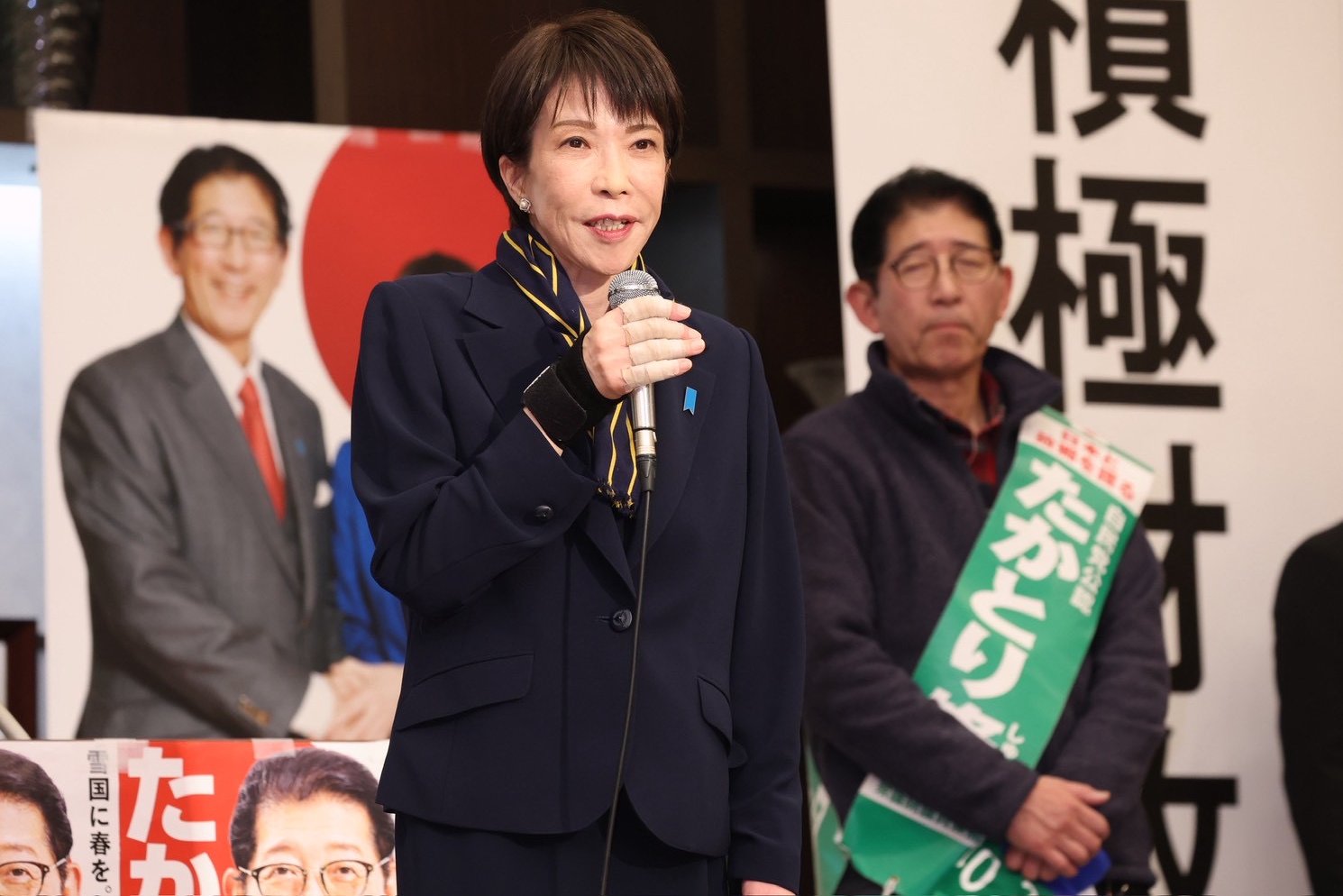
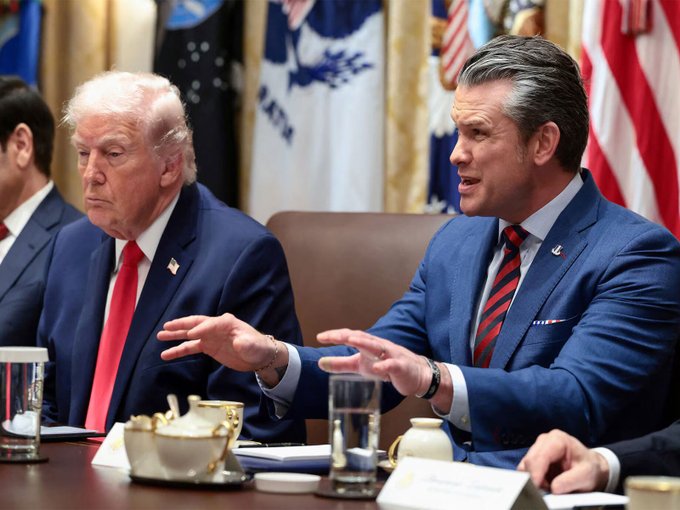
.png)


.png)
